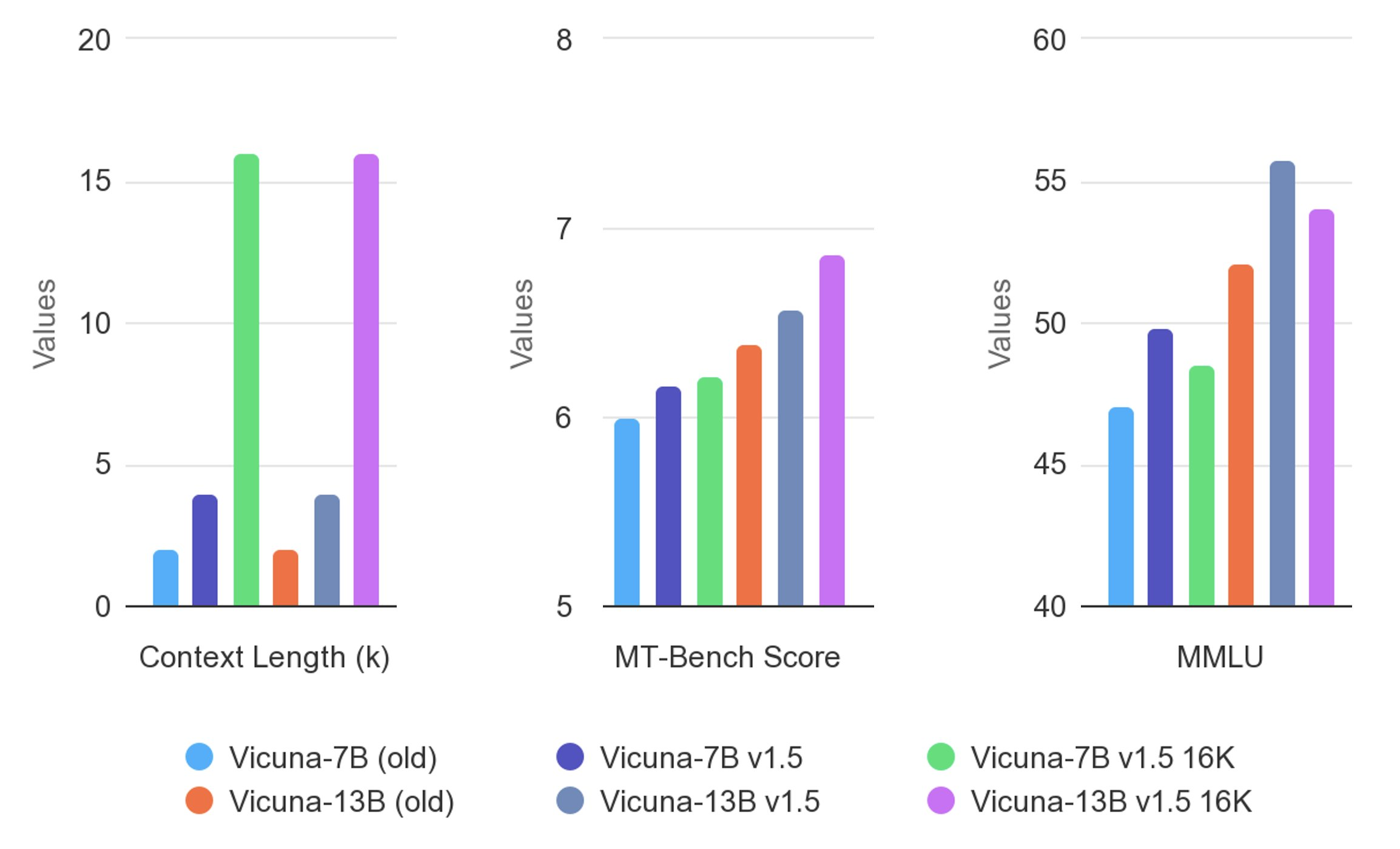A group of Internet service providers that won government grants are asking the Federal Communication Commission for more money or an "amnesty window" in which they could give up grants without penalty.
The ISPs were awarded grants to build broadband networks from the FCC's Rural Digital Opportunity Fund (RDOF), which selected funding recipients in December 2020. A group calling itself the "Coalition of RDOF Winners" has been meeting with FCC officials about their requests for more money or an amnesty window, according to several filings submitted to the commission.
The group says broadband construction costs have soared since the grants were announced. They asked for extra money, quicker payments, relief from letter of credit requirements, or an amnesty window "that allows RDOF winners to relinquish all or part of their RDOF winning areas without forfeitures or other penalties if the Commission chooses not to make supplemental funds available or if the amount of supplemental funds the Commission does make available does not cover an RDOF Winner's costs that exceed reasonable inflation," a July 31 filing said.
A different group of ISPs urged the FCC to reject the request, saying that telcos that win grants by pledging to build networks at a low cost are "gaming" the system by seeking more money afterward.
So far, the FCC leadership seems reluctant to provide extra funding. The commission could issue fines to ISPs that default on grants—the FCC recently proposed $8.8 million in fines against 22 RDOF applicants for defaults.
Group’s members are a mystery
The Coalition of RDOF Winners doesn't include every ISP that was granted money from the program. But exactly which and how many ISPs are in the coalition is a mystery. The group's attorney, Philip Macres of Klein Law Group, told Ars today that he is "not at liberty to provide the list of all the members in the Coalition of RDOF Winners."
Macres confirmed that the group doesn't include every RDOF winner but said he cannot reveal how many ISPs are members. There appear to be at least two members: Arkansas-based wireless broadband provider Aristotle Unified Communications and a Texas ISP called TekWav both joined the meetings at which the coalition asked the FCC for more money or an amnesty window.
In late 2020, the FCC tentatively awarded $9.2 billion over 10 years to 180 Internet providers that agreed to deploy broadband to over 5.2 million unserved homes and businesses. But after seeing evidence that the program was mismanaged under former Chairman Ajit Pai, the current FCC re-evaluated the grants and authorized payments of $6 billion to a smaller group of ISPs.
The size of individual grants didn't change, but the FCC refused to give final authorization to certain grants, including $886 million that was originally awarded to SpaceX's Starlink satellite service and $1.3 billion that was slated for wireless provider LTD Broadband.
Separately, the US government is distributing over $42 billion in the Broadband Equity, Access, and Deployment (BEAD) program that was authorized by Congress in November 2021. Geographic areas that have RDOF funding are generally ineligible for BEAD grants.
In cases where an ISP defaults on an RDOF grant, the geographic location associated with the grant would become eligible for funding from the larger BEAD program. But if a default happens after BEAD funding is allotted, an unserved area could end up with no subsidized networks.
Other ISPs urge FCC to enforce rules
The Coalition of RDOF Winners' request for more funding or an amnesty window drew opposition from WTA—Advocates for Rural Broadband, formerly called the Western Telecommunications Alliance, which says it represents over 360 rural telecommunications companies across the US and over 85 industry vendors.
The WTA said it's not a proponent of the "reverse auction" format the FCC used for the RDOF, in which ISPs bid on grants organized by census blocks. But "if the Commission employs reverse auctions as a device to determine and distribute Universal Service Fund support in certain areas, it must strictly enforce all of its auction rules, terms and conditions in order to prevent such reverse auctions from being abused, distorted and undermined by various gaming tactics," the WTA said.
The WTA pointed out that winning RDOF bidders got their grants because they made lower bids than other ISPs. In other words, the ISPs that agreed to serve specific census blocks at a lower cost to the government are the ones that got the grants.
"An obvious gaming danger is the use of a 'strategy' of making support bids as unreasonably low as necessary in order to 'win' specific service areas, and then coming back to the Commission later for the additional support that is actually needed to construct and operate the promised broadband networks in such areas," the WTA told the FCC in a July 28 filing.

